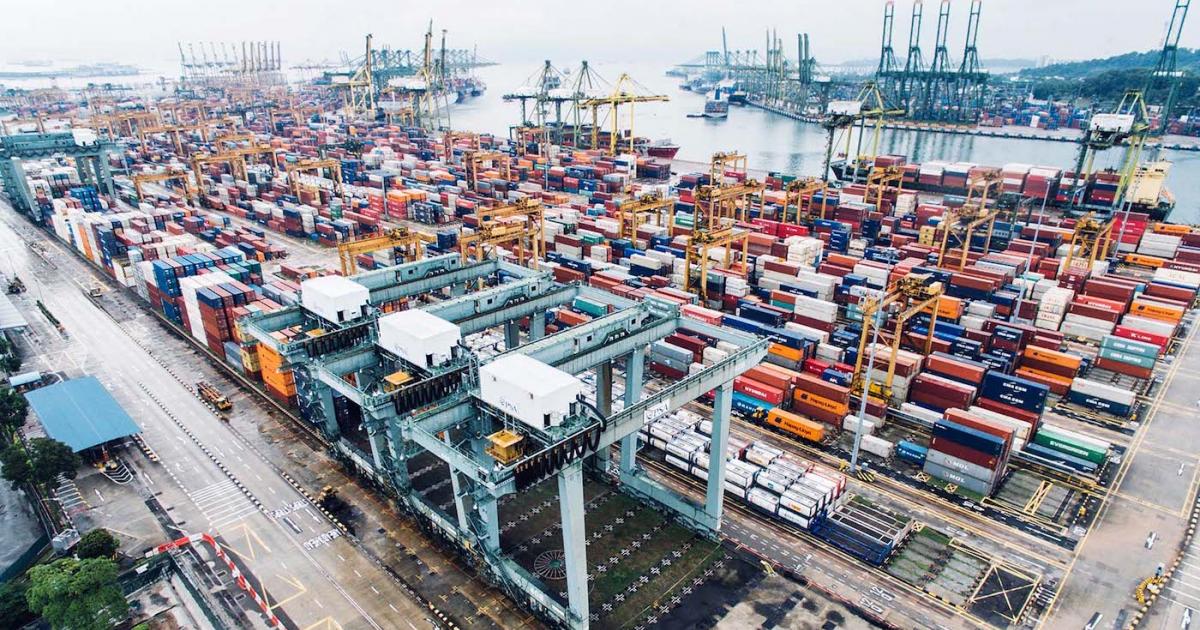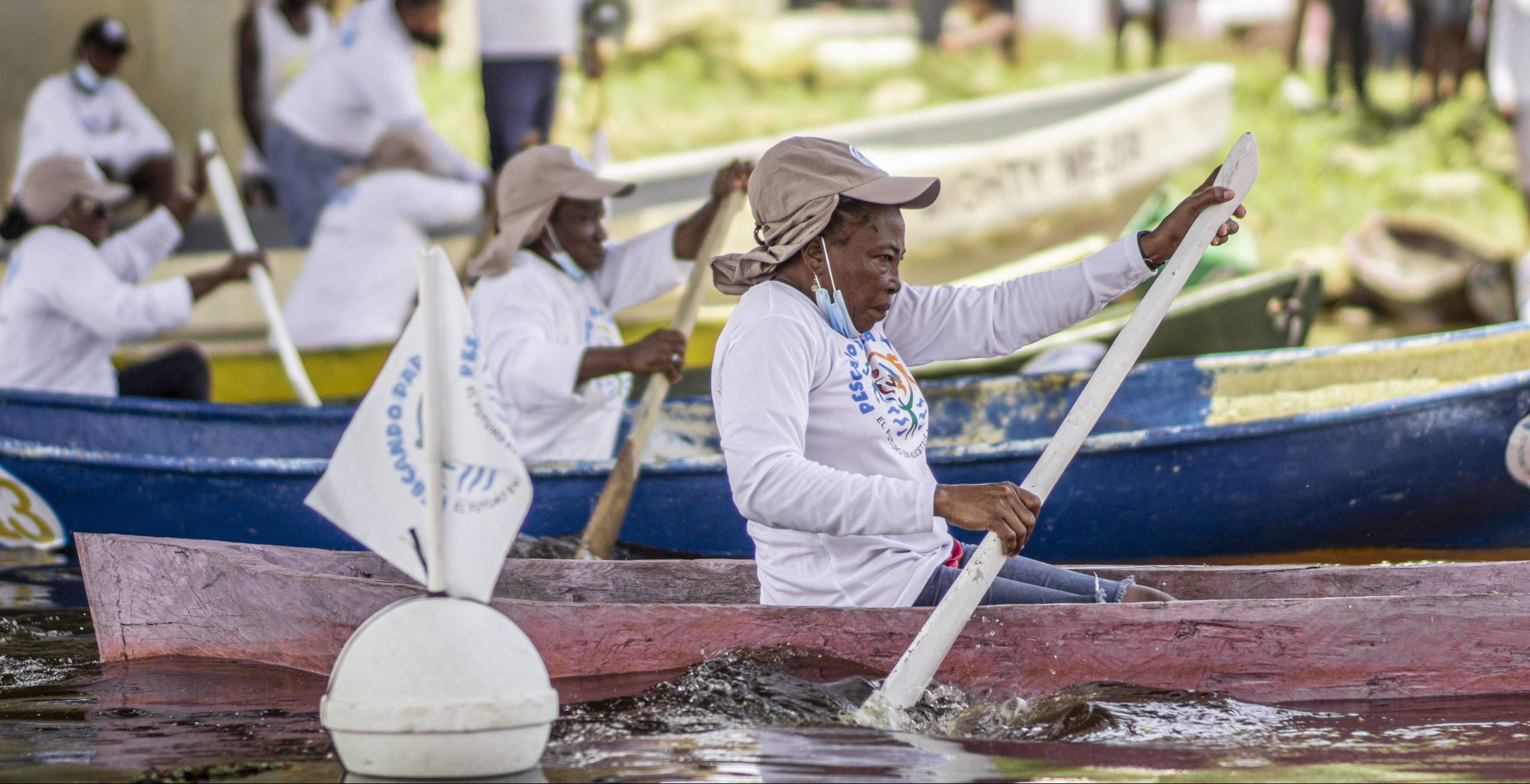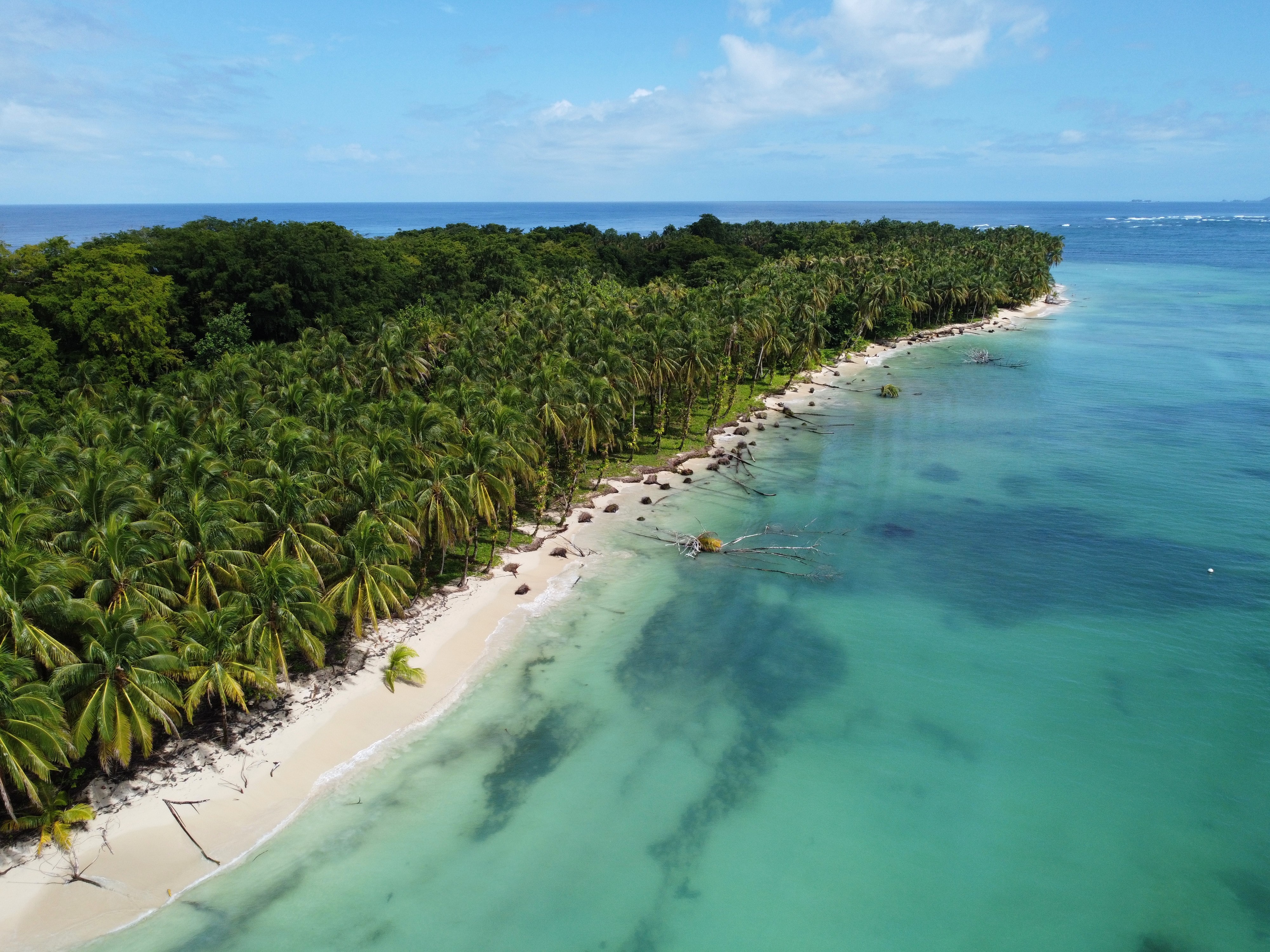Blue Economy
Public - visible to all visitors to the platform.
Open to join - users can join this group without approval.
About this Discussion
Oceans cover three-quarters of the globe, and a staggering 80% of all life on Earth is found hidden beneath their waves. They also represent an enormous economic opportunity, which is why the “blue economy” is driven by a combination of growing ocean-based industries and jobs as well as concerns about growing pressures on dwindling marine resources and response to climate change.
While traditional maritime industries such shipping, ports, offshore oil and gas, capture fisheries, maritime and coastal tourism continue to innovate, emerging ocean industries are gaining traction. These industries include offshore wind, tidal and wave energy, seabed mining, marine aquaculture and biotechnology.
However, the predicted growth of the blue economy must not come at the expense of marine ecosystems and biodiversity. As such, a dramatic shift is necessary in how the world develops the ocean’s potentials so as not to compromise the marine resource base on which they rely. A healthy ocean will have more than just economic benefits. It will improve health and well-being, and enhance the resilience of the planet to support a long-term future.
Upcoming Events
Informative message
Blue Economy
Created a Post in Blue Economy, Cities and Urban Development, Climate Change
Created a Post in Blue Economy, Natural Capital
Created a Post in Blue Economy
Created a Post in Blue Economy, Circular Economy, Waste Management
Created a Post in Blue Economy
Created an Event in Sustainable Finance, Blue Economy, Climate Change
Created a Post in Blue Economy
Created a Post in Blue Economy
Created a Post in Blue Economy
Created a Post in Blue Economy


